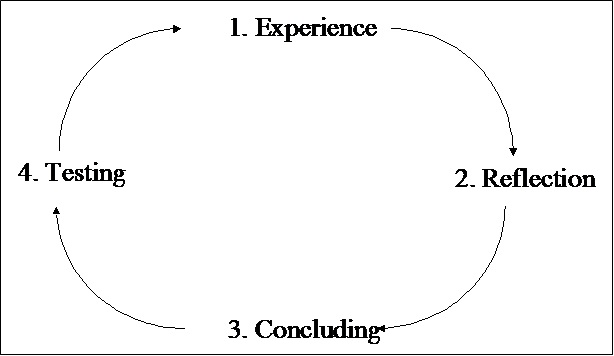Jan
30
2014
Training the trainer: trainees’ learning styles and stages
Increasingly, many of us are called upon to train colleagues or run training sessions for partner organisations.
This blog article identifies the trainees’ different learning styles to help you understand more about how people learn, enabling you to design and deliver more effective training programmes.
Styles
As well as having different ways of thinking, and different filters through which they experience information, trainees will have different learning styles.
One of the best-known analyses of these was made by Honey and Mumford (1986) who identified four learning styles:
Activists – who involve themselves fully without bias in new experiences and revel in new challenges
Reflectors – who stand back and observe new experiences from different angles. They collect data, reflect on it and then come to a conclusion
Theorists – who adapt and apply their observations in the form of logical theories. They tend to be perfectionists
Pragmatists – who are keen to try out new ideas, approaches and concepts to see if they work.
However, none of these four learning styles is exclusive. It is quite possible for one person to be both a reflector and a theorist, and for another to be an activist/pragmatist, a reflector/pragmatist or even a theorist/pragmatist.
Stages: the conditions for effective learning
Learning requires time to assimilate, test and accept. Too many trainers try to cram too much into their programmes and do not allow time for practice and familiarisation.
Individuals must be motivated to learn. A variety of techniques helps to maintain interest, although these must also be appropriate to the situation.
You also need to recognise that there are different levels of learning. At the simplest level learning requires direct physical responses, memorising and basic conditioning. The most complex form of learning takes place when training is concerned with the values and attitudes of people and groups.
Your training is likely to fall somewhere between these two, and perhaps the most useful learning model to be aware of is that developed by Kolb et al (1974). He identified a learning cycle consisting of four stages as follows:
1. Concrete experience
People who learn from doing. This can be planned or accidental.
2. Reflective observation
These people learn best by watching others or actively thinking about the experience and its significance.
3. Abstract conceptualisation
Generalising from experience in order to develop various concepts and ideas which can be applied when similar situations arise.
4. Active experimentation
Testing the concepts or ideas in new situations. This gives rise to a new concrete experience and the cycle begins again.

Kolb’s model is a simple description of how direct experience is translated into concepts which are then used to guide the choice of new experiences.
Aim to understand the cycle of learning and structure your training to help trainees go through the four stages of the cycle. In this way you can help make overt for them, what is going on in terms of their learning.
The reason for doing this is that you need your trainees to become engaged. To shift from being observers to participants.
One of the most important arts that trainers have to develop is to adjust their approaches to the different thinking patterns, learning styles, and dominant senses of their trainees.
So first become aware of your own - and avoid developing a course that appeals entirely to your way of learning. Offer a programme that includes sessions to accommodate as many options as possible.
Learn more
This article is taken from our published book Training the trainer, by Tess Woodcraft, which is used throughout our Training the trainer two-day training course.
Both the book and course will help you understand more about how people learn and the role of the trainer in facilitating and evaluating the learning process, giving you a wider range of delivery tools and techniques to call on.
Tess Woodcraft is one of the Centre's senior trainers, working on diversity and strategic corporate communication, internal and external. Tess has been training in the UK and internationally for the past twenty years and is an experienced communications consultant.


